Poor Things by Alasdair Gray
Obviously you would think I’ve seen the film. I haven’t. I want to. This is the sort of surreal book that lends itself well to art and design because there is both a sense of blank canvas in the characters and in the design, but what is not alterable is the setting and time. It makes the book unique in a lot of ways as the main character is, frankly, the world and Bella is absorbing information and character as she becomes integrated into it.
I enjoyed Bella’s assessments of the world, the eyes of an innocent frankly discussing the state of the world. I enjoyed also the multiple narratives contradicting one another as each character puts their light onto that world, influenced by how they have benefited in society.
This book is, genuinely, much more complex and sophisticated than I think even many movie goers would say the film is. Having not seen it yet, I’ll have to update you later.
In the meantime, however, read this book. It’s one of the first books I was truly able to sing my teeth into this year. It would easily be its own book to analyze it properly.
Author: aliactast
The Narrative of Arthur Gordon Pym of Nantucket
An analysis,
It’s not often I find something like this; specifically, a book I hadn’t heard of by an author I love. the Narrative of Arthur Gordon Pym of Nantucket is the only fully completed novel by Edgar Allen Poe, someone I learned to do voicework by narrating. I’ve literally read, cover to cover, multiple compendiums but somehow this story slipped past me. It was only because of House of Usher on Netflix that I had heard of it and because I felt deeply compelled to figure out Mark Hamill’s character (who was my favorite).
The Pym story is odd for Poe because it doesn’t follow his normal tropes. I could probably make a key for Poe: dead wife, remarried; main character with high sensory perception, etc cetera. But the Pym story is a high seas novel in the vein of Treasure Island.
Of course, that doesn’t mean it isn’t surreal. It does have the trope of a man trapped in a confined space which he details, similar to Pit and the Pendulum, in the chapters in which Pym is a stowaway on a vessel then overtaken in a mutiny with no one aware he’s below deck. And there is, of course, the novel’s abrupt end which plays out a bit like M. Valdemar where the whole narrative could Be taken for a hoax—the Pym narrative claims to only be transcribed by Poe.
No, what’s surreal and out of pocket for Poe about it is how he plays a straight face for most of the novel. Only toward the very end is there any supernatural happening, instead, much of the book could have been written by someone else.
It seems almost like a writing exercise. Published in 1838, the Pym narrative covers shipwrecks, mutiny, cannibalism, hollow earth theory, and touches on the race for the poles– infamously leading to the deaths of many explorers. It seems to have been an obvious inspiration for The Journey to the Center of the Earth by Jules Verne fifty years later.
Review: A Thousand Ships
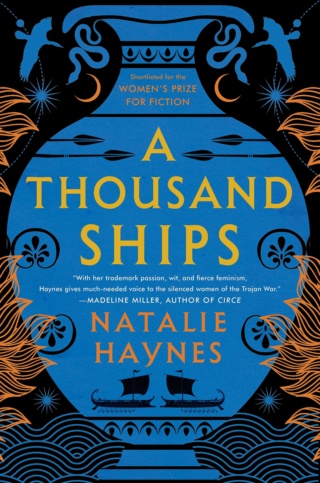
A Thousand Ships by Natalie Haynes is a telling of the Trojan War from the perspectives of the various women experiencing it–conspicuously neglecting Helen. It is instead a story of the many victims and heroes that are largely unsung because, as Haynes puts it, the majority of war stories should not be told about only one half of the people. The men of the story are not heroes; Odysseus is a cunning and conniving as he is in an honest reading of the Odyssey and Iliad, with frequent chapter breaks written as letters from Penelope to her wayward husband growing increasingly hostile. There are also frequent breaks spoken by the muse Calliope scolding the orator of the stories for trying to steer them towards the men and their usual paths, towards Helen who Calliope has no use for.
Instead the full fate of Cassandra is discussed, the full fate of Hecuba, Andromache, Polyxena, Laodamia, Iphigenia, and others. It made me realize I couldn’t remember how Cassandra had died and that was a portrayal which stuck out to me sharply for how compelling and well written it was.
Overall the story was cleverly crafted and an extremely fresh breath of air for the topic.
Field trip!



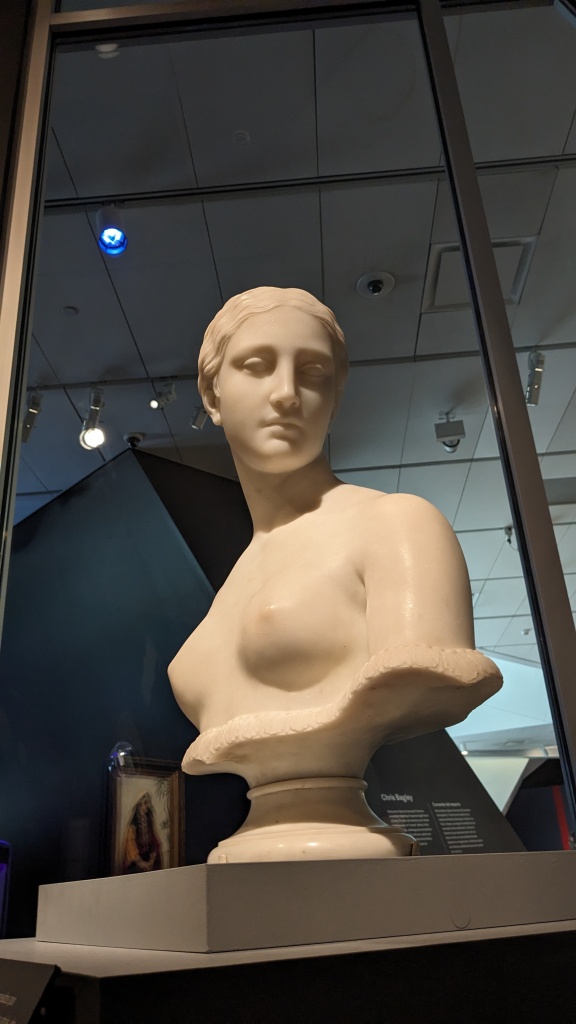
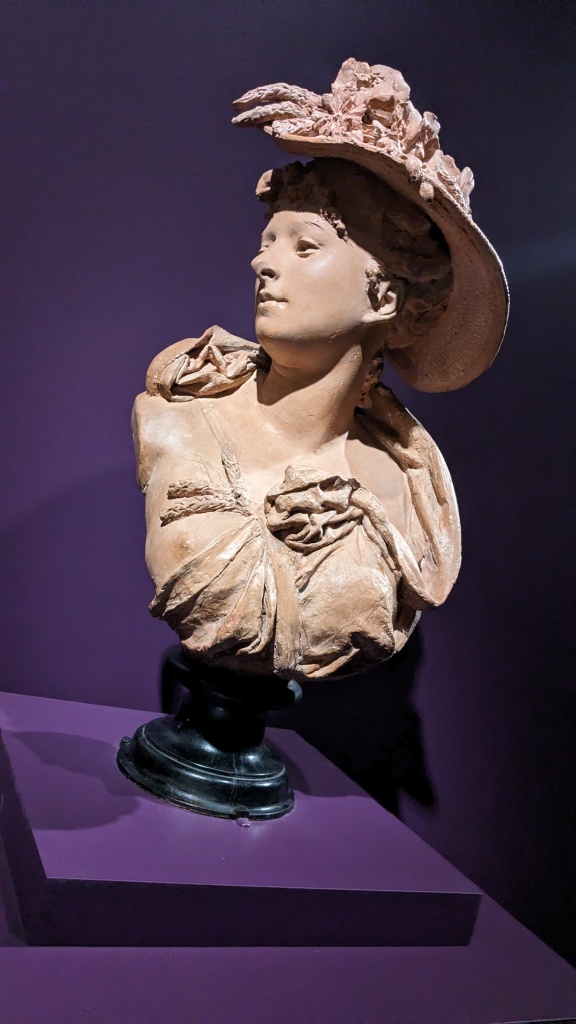



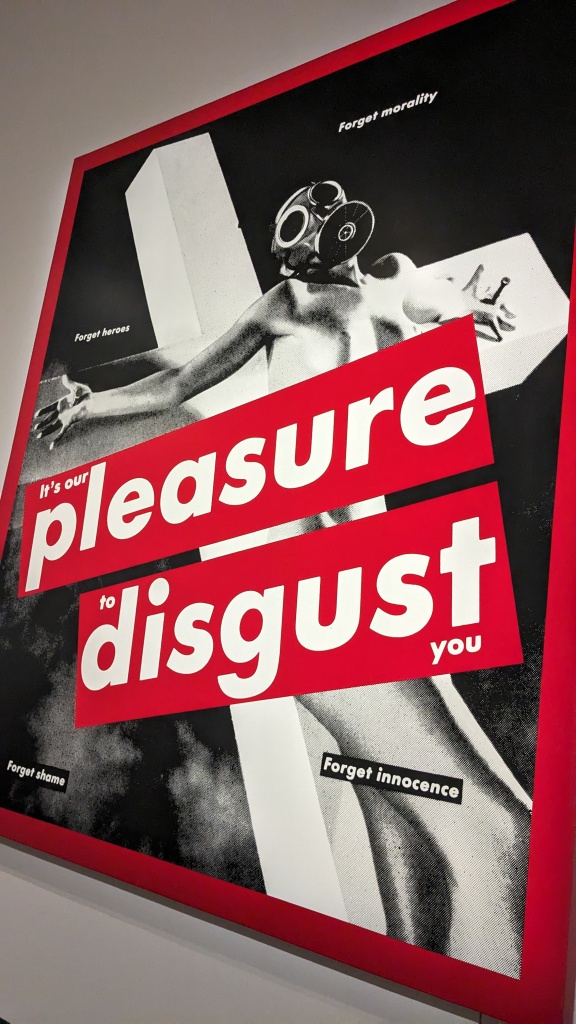
💜💛💚💙🧡
Review: The Lover
The Lover
Silvia Moreno-Garcia
A novella at 42 pages, I had needed to get my hands on this as I adore Silvia Moreno-Garcia and, as you can imagine, I have a reading problem.
This is a wonderful fairy tale, absolutely perfect from start to finish; it’s just what I like in fantasy. The world building is rapid paced and engrossing, the characters likeable and believable, and the callbacks to fairytale story telling and monsters are seamless.
I feel I’ve been saying this a lot, but I look forward to seeing what is next from Moreno-Garcia

Review: Making It So
Making it So
Sir Patrick Stewart
I’m back on my autobiography bullshit.
At 432 pages, it would seem Patrick Stewart has a few things to say about himself.
I’ll say up front what I didn’t care for and that’s the few times Sir Patrick jabs in to comment on his daughter not forgiving him for his affair which destroyed his first marriage. Perhaps betrayal trauma is just too close to me, but it felt cloying. He mentioned on several occasions not feeling close to his daughter and that it was his affair that drove in this wedge, but not particularly anything he’s done to try and repair it. Instead it’s a wistful ‘I’m old and going to die someday, hope she gets over how I treated her mom’.
That’s up front and there now. Perhaps he has made many efforts with his daughter and didn’t wish to betray her privacy, but those comments did stick in my craw.
Sir Patrick does a brilliant job of delicately planting in that, well, maybe he wasn’t always a nice guy. Maybe he wasn’t always the least aggressive man there is. But he talks at length about how these outbursts he has had, spells of immaturity or being a rude coworker, are something he fears, in review of how his father behaved and what trauma he witnessed. It’s something that when he recognizes it, he strives to stamp it out.
He doesn’t hold back and he appears to be honest, and on the edge of that same dime, he doesn’t linger on failings. He lingers on his own insecurities and imposter syndrome, that he still feels regret and humanity, true compassion for his younger self navigating his career, and he lingers most heavily on his career. It is extremely clear and true that he takes exceptional pride in his work and in the people he has inspired, taught, and touched by his portrayals. It is how he feels he can do the most good, express himself, and be known, and that is beautiful. And it’s sad, too, because it’s clear in his few passing but repeated comments, he hasn’t been able to connect to his daughter that way. And that schism clearly bothers him. He portrays great gratitude for those who he can inspire and be close with.
The most prevalent thing, other than his clear love of his work and reliance on it, is how youthful his narrative voice is. Sir Patrick Stewart, for lack of better explanation, does not write like a man in his 80s. There is little sense of reflection but instead a sense of forward motion. He’s far from done.

Review: Written in Bone
Written in Bone
Sue Black
This is a horror story of a different kind.
While I was debating doing the Invisible Man or giving some hot take on Jekyll and Hyde, I’ve decided to go with Written In Bone to finish of this little horror month. It’s not a horror story, it’s also not adequately a true crime story, but rather information about the skeleton, piece by piece, interwoven with true crime experiences of the forensic anthropologist Sue Black.
If you have any interest in forensics, archeology, or anatomists then Sue Black is for many the definitive source. A fantastically intelligent woman with a remarkable career, she is also a careful writer who is able to bring much of the extremely dense medical information that she trades in to a general reading level.
I adored the case files she discussed, having very respectfully changed names were appropriate, as well as the better known cases which I was inspired to look further into.
Sue Black’s work in furthering anthropology is phenomenal, she truly feels like the quintessential expert on human anatomy.

The Picture of Dorian Grey
Hedonism hedonism hedonism!
Dorian Grey often falls into philosophical and what’s called ‘decadent literature’. Decadence, broadly, refers literally to decay and so in that sense, The Picture of Dorian Grey is a perfectly decadent book.
The decadence movement boasted the superiority of aesthetics over logic and naturalism. Decadence, as a term, referring to the decay of societies as a result of the loss of cultural standard–Case in point, the over expansion of the Roman Empire. French writers such as Baudelaire exalted in being decadent writers, romanticizing the decline of Rome and scoffing at progressive cultural agendas. This is where that slipperly slope to Ayn Rand makes itself available.
In the Picture of Dorian Grey, Oscar Wilde challenges and stylizes decadence.
Oscar Wilde is of course extremely famous as a satirist, my favorite of Wilde’s is actually The Importance of Being Earnest, and I feel he can’t help but be silly with Lord Henry’s character. Lord Henry can, in fact, only make me think of Graham Chapman’s Oscar Wilde sketch. But I digress.
Dorian listens to Lord Henry’s hedonistic philosophy and determines that the only important quality in life is beauty, priding beauty over all things. Wilde tells us just what he really thinks of this in what he has happen to Dorian, the lives Dorian destroys, and the hideousness of Dorian’s aging portrait. Beauty is a mask and fleeting, and the hideousness of your actions will always catch up to you.

DRACULA
I may someday have to write an essay, perhaps create a video essay, about what a bad person I think Bram Stoker was and the unintentional cinematic phenomena of Dracula.
Like all Vampire stories, Dracula was about fear mongering and the zeitgeist of the time. In Dracula, Stoker tells a reverse colonialism story. Here is a person who comes from, by the estimations of Johnathan Harker, a backwards land. Harker is meant to introduce you to the character and culture of Dracula; Harker’s frequent disparaging tut-tuting of the eastern Europeans he encounters is meant to be the prevailing opinions of the time. And then, here, this cloaked and despicable figure who pretends to want to meld within British society and become a part of the western European culture –turns out he is actually an infiltration of backward eastern myth come to feed upon those most vulnerable Victorian White Ladies™ that minorities cannot get enough of. But don’t worry, white guys, we have a slightly better eastern European who’s more integrated into our society, Van Helsing, who can hopefully bridge the gap by killing the embodiment of eastern European mythos. and the
…
Does it not make sense that vampires have become so much more a sympathetic figure since 1897? Does it not make sense that so many retellings of vampire stories now within western culture focus on the suffering of the vampire? And is that not, still, pretty fucking condescending?
I like Dracula, he who has ruled so long that he would rule still. I hope he gets to eat everybody.
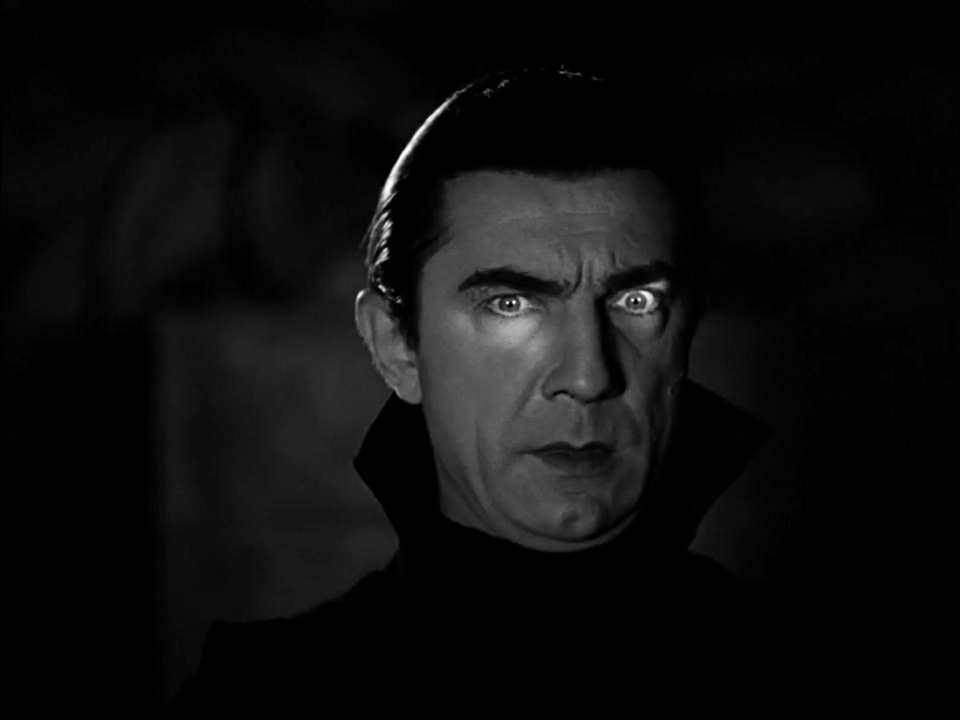
FRANKENSTEIN

I could write essays on Frankenstein. I could likely write books on Frankenstein. For February I’ve decided to talk about some classic horror novels and where better to begin than Frankenstein.
Here is my most recent take after my most recent reading of Frankenstein:
I feel bad for Captain Robert Walton. Here he is, lonely, an innocent, just doing some minor vanity expedition-ing to the North Pole. He’s a scientist, probably not a colonizer even if he is British, and he’s lonely. He’s real, real lonely. He’s been on this ship a while. His men are losing faith. His sister probably thinks he’s a loser. He just wanted to be a writer. He just wanted a friend. He just wanted to go to the North Pole so he could say he did something worthwhile with his life.
And then there he is! A friend appears! Walton’s prayers for companionship at the edge of nowhere miraculously —oh wait, It’s Victor Frankenstein.
Victor Frankenstein then spends, like, forever telling Walton all of the minutia of his life and crimes with such a minimal level of empathy or remorse except for the consequences Victor has received that you just want to quietly slip Walton a book on narcissistic abuse. Just as a head’s up.
Victor Frankenstein, who isn’t a doctor. He’s a med student who fucks around and finds out, yet somehow still thinks the world is unfair to him specifically.
And then! He dies! And Walton is just sitting there, having had the ultimate vicarious trauma experience, alone once again. And he thinks to himself, well, that was something. Ravings of a mad man I hope —oh, nope, there’s Adam burning Victor’s body that he stole. It was all real. Well damn.
I feel bad for Captain Robert Walton.
You must be logged in to post a comment.